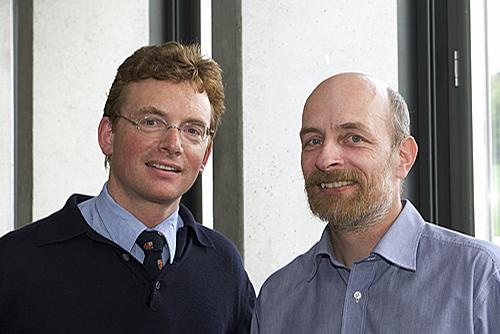Frédéric Merkt
ETH Zurich, Switzerland

Date
22 April 2009
Host
Klaus Ensslin
Title
Atoms and Molecules in Rydberg States
Abstract
Rydberg states are electronically excited states of atoms and molecules in which one electron is in a diffuse, atomic-like orbital of principal quantum number n and is only loosely attached to a positively charged ion core. Most physical properties of Rydberg states of atoms and molecules vary rapidly with the principal quantum number, the lifetime with n3, the polarisability with n7, the threshold field for electric field ionization with n-4, the spacing between adjacent states of a given Rydberg series as n-3, the absorption cross section from the ground state as n-3, the transition moment between neighboring Rydberg states as n2, etc. Unusual properties result from these scaling laws at high n values which form the basis of an increasing number of applications in physics and chemistry. After a general introduction to Rydberg states of atoms and molecules, two sets of experiments that are ongoing in my research group will be presented. In the first, we study n>>100 Rydberg states spectroscopically at very high resolution in a regime where the electronic motion is slower than the motion of the nuclear and electron spins in the ion core. By analyzing the spectral structures arising from the interaction between the Rydberg electron and the core spins, we seek to understand the role of nuclear spins in atomic and molecular photoionization and in electron-ion collisions. In the second, we exploit the large electric dipole moments that can be induced in Rydberg atoms and molecules by electric fields to produce and trap translationally cold samples of Rydberg atoms and molecules.
